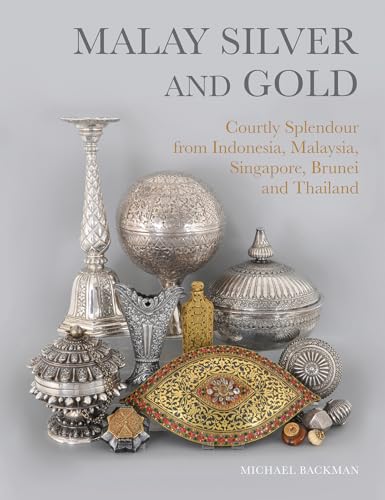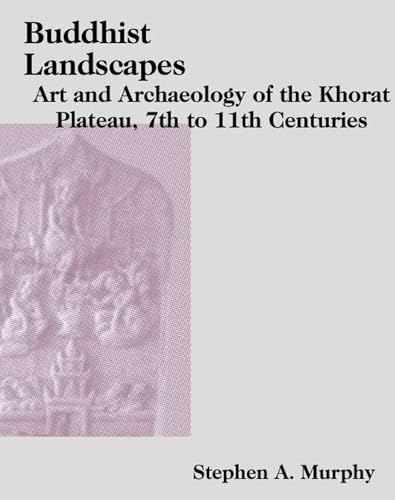The “PANTROPOCENE: Finding a Pre-industrial Anthropocene Project” at the Department of Archaeology, Max Planck Institute for the Science of Human History (MPI-SHH), Jena, Germany is pleased to announce a new vacancy for a Research Fellowship position in palaeoenvironmental survey, coring, and analysis and its capacity to reconstruct past human land-use and environmental impacts. The position will be for a period of up to 3 years and based in Jena, Germany.
The PANTROPOCENE project is newly funded by the prestigious European Research Council and will run for the duration of the postdoctoral position.
Headed by Dr. Patrick Roberts, PANTROPOCENE seeks to determine how pre-colonial and colonial human land-use changed within the Philippine Archipelago, what its impacts were on tropical vegetation, and how it has left legacies for 21st century populations in the region. Its broader aim is to determine whether land-use in the tropical portions of the former Spanish Empire was enough to initiate pre-industrial earth systems feedbacks.
Candidate tasks
The successful candidate will play a central role in the project and its outputs. They will be expected to undertake and coordinate palaeoenvironmental survey and fieldwork in at least three regions of the Philippine Archipelago. The candidate will obtain palaeoenvironmental cores and samples from lake and swamp settings and exposed natural profiles. They will then coordinate their analyses for dating, various palaeoenvironmental reconstruction methodologies, and proxies of human presence in order to produce synthetic datasets of human-environment interactions on pre- and post-colonial time periods.
The candidate will work in a leading global centre for archaeology, the Department of Archaeology at the MPI-SHH, renowned for combining archaeological, anthropological, geochemical, and palaeoenvironmental expertise in field and laboratory methodologies. They will also work closely with key project partners Dr. Grace Baretto-Tesoro (University of the Philippines), Dr. Janelle Stevenson and Prof. Simon Haberle (The Australian National University, Canberra), and Prof. Achim Brauer (GFZ, Potsdam), among others. They will also be expected to support PhD students within the project at the Department more widely.
Candidate qualifications
The ideal applicant will have a strong background in Geology, Geography, Environmental Archaeology, or a strong track record of palaeoenvironmental fieldwork and reconstruction particularly for the Holocene. In depth, practical knowledge of coring methodologies and fieldwork coordination are essential, as well as an interest in a diversity of palaeoenvironmental proxy methodologies. Other prerequisites include evidence of strong oral and written communication skills, including an outstanding publication record, commensurate with career stage. Willingness to work as part of a team, travel to field sites in the Philippine Archipelago for extended periods of time (c. 4-6 weeks), and the ability to complete tasks in a timely and structured fashion are also necessities.
Essential:
PhD in Geography, Geology, Environmental Archaeology, Archaeological Science, or Earth Sciences, or a similar discipline.
Hands on, practical experience with palaeoenvironmental survey and fieldwork, with a focus on the coring of lake and swamp basins.
Practical and theoretical experience with a variety of palaeoenvironmental reconstruction methods and chronometric approaches to the dating of palaeoenvironmental records.
Experience in working in the field for extended periods of time.
A strong publication record.
Advantageous:
A track record of palaeoenvironmental fieldwork or analytical experience in the tropics (particularly in the Americas or Asia).
Experience with archaeological, historical, and palaeoenvironmental datasets as well as their relative pros and cons in land-use reconstructions.
Knowledge or experience of pre- and post-colonial changes in human activities and land-use in Southeast Asia as well as the tropics more broadly.
Experience leading and coordinating fieldwork teams and the analysis of palaeoenvironmental archives.
Outreach skills in the context of communicated climate science or the ramifications of human land-use to a non-academic audience.
The position offers a unique opportunity to develop cutting edge research in the city of Jena that is renowned for its position at the intersection of Biogeochemical, Ecological, and Archaeological research. The Max Planck Society and the European Research Council both promote these multidisciplinary connections and this position offers the candidate the possibility of making the most of such networks and become a leader in novel approaches to the utilization of archaeological and palaeoenvironmental datasets.
The position will begin on the 1st of January 2020 though some flexibility in start date is possible. Renumeration will follow the public service pay scale (TVöD), according to the candidate’s qualifications and experience. In addition, social benefits are offered as per the regulations of the German Civil Service.
The Max Planck Society is committed to diversity in the workplace and especially encourages disabled individual to apply. The Max Planck Society seeks to increase the number of women in areas where they are underrepresented and therefore explicitly encourages women to apply.
Please submit your application (which should include a cover letter, CV of no more than 3 pages, list of publications, and any relevant certificates) by October the 31st. You are also required to submit three references which are also due by October the 31st. Please submit your application as a single pdf file in English using the link below: https://lotus2.gwdg.de/mpg/mjws/perso/shh_p022_edit.nsf
Contact for more information:
Dr. Patrick Roberts
Email: roberts@shh.mpg.de














![[Job] Assistant/Associate Curator for Southeast Asian and South Asian Art and Culture](https://www.southeastasianarchaeology.com/wp-content/uploads/2024/06/open_graph-120x86.png)








